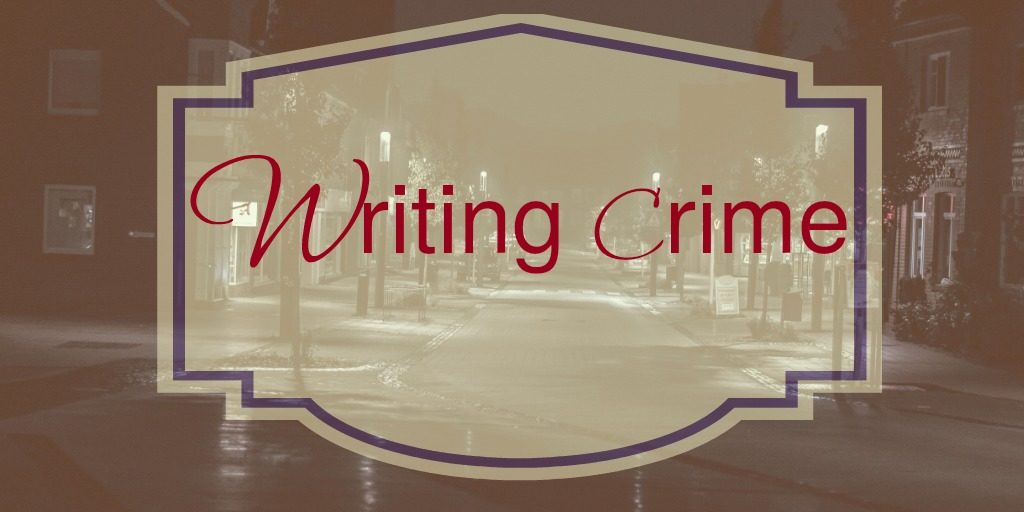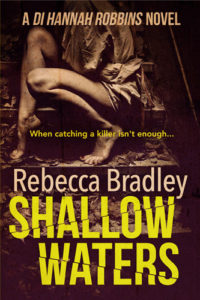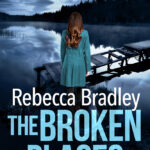
Every police officer is issued with a personal hand-held radio. It keeps them in contact with the force control room. They can do vehicle/address and person checks. They can request backup or assistance (one is more urgent than the other) and jobs are passed via the radio from the control room to cop.
In a previous Writing Crime post, I posted a couple of videos which showed the importance of the radio. You can find it HERE.
Today I am going to explain the very basics of the radio system.
Each force is allocated a force call sign so if a cop travels from one force area into another they know the channel and the call sign of that force. My series is set in Nottingham so my cops when shouting the control room would call out to NH. Saying each letting individually. N. H. So, for instance, N.H from Bravo Romeo 3.2. (BR32 is made up)
You can find the other 50 force call signs on the Wikipedia page HERE. (It’s 51 lines long, I thought it a little lengthy to rewrite out here.)
If you need to spell words out when requesting a person/vehicle/address check, this is the phonetic alphabet you use.

Several years ago when talking on the radio we used to use something called the 10 code, but with the new Airwave radio that gave forces the ability to cross county lines, they needed to come up with a code system that all officers could understand. Because each force 10 code was unique to their own force. You’ll maybe recognise the 10 code with the use of the old 10:4 for received transmission.
It was replaced with the Status codes. These are below.
Status 0 – Emergency Assistance
State 1 – On Duty
State 2 – On Patrol
State 3 – At Station (Available)
State 4 – Refreshments
State 5 – En route to Incident
State 6 – At Scene
State 7 – Committed – Deployable
State 8 – Committed – not Deployable
State 9 – Prisoner Escort
State 10 – At Court
State 11 – Off Duty
State 12 – Confidential Message
State 13 – Non-Urgent Call Back
State 14 – Urgent Call Back
State 15 – Received
State 16 – Repeat
The College of policing has a great document on how to use the Airwave radio which you can find HERE should you want to trawl through it for further information.All of your uniform officers carry a personal radio – which is stored in their locker at work and batteries charged in a large multi-battery charger in room in the station somewhere. Detectives still have the radio they were issued as a uniformed officer but they are not as religious about carrying it and may tend to rely on their mobile phones more. But for direct access to the control room they will want their radios. So if they are going on a job where they feel they need access to the control room, say a warrant or an arrest, they may take their radio. If they are going out on inquiries, it is possible they will only have their phones. This, of course, is personal experience of how I worked in my department in my force. But, it’s not beyond the realms of possibility for your cop in your story to have or not have their radio on them.
I hope you found this helpful.
You can catch up with all previous posts in the Writing Crime series, HERE
 Rebecca Bradley is a retired UK police detective with over 15 years UK policing experience. Seven of those years were in uniform and the rest in a specialist investigative department where She handled multiple, serious and complex investigations. She is now a crime writer and offers a police procedural fact-checking service, available to all crime writers setting their work in England or Wales.
Rebecca Bradley is a retired UK police detective with over 15 years UK policing experience. Seven of those years were in uniform and the rest in a specialist investigative department where She handled multiple, serious and complex investigations. She is now a crime writer and offers a police procedural fact-checking service, available to all crime writers setting their work in England or Wales.
Please see THIS POST for further details.
Rebecca Bradley is a retired UK police detective and now a crime writer.
She writes the DI Hannah Robbins series.
 When catching a killer isn’t enough…
When catching a killer isn’t enough…
The naked, battered body of an unidentified teenager is found dumped in an alleyway and post-mortem finds evidence of a harrowing series of events.
Another teenage death with the same MO pushes DI Hannah Robbins and her team in the Nottingham City division Major Crimes Unit, to their limits, and across county borders. In a race against the clock, they attempt to unpick a thick web of lies and deceit to uncover the truth behind the deaths.
But it doesn’t stop there.
Just how far are the team willing to push themselves to save the next girl?



I think the phonetic alphabet is rather universal, isn’t it?
Think I’d always want my radio with me. You just never know.
This is really interesting, Rebecca. I knew about the alphabet, but not about the different call letters for stations. And it does make sense, as Alex says, to have the radio there at all times. Anything can happen…
This is really helpful! I have been looking for something like this for some time. I look forward to hearing more from you on the crime writing aspects, and I am looking forward to reading your books, to see how your knowledge is put in to action.
Thanks again 🙂
Really interesting to read, thanks so much! Your posts are always so helpful.
Great blog! Just a quick question…
I’m just about to ‘call for backup’ and want to contact Northumberland police (NG 34). You mentioned your books were set in Nottingham and gave the call sign. But in the next bit, you said BR 32 was made up. What do you mean by that? Is that the call sign of the officer calling this in?
No worries if you’re too busy to answer. Thanks for helping. And sorry the question wasn’t really all that quick.